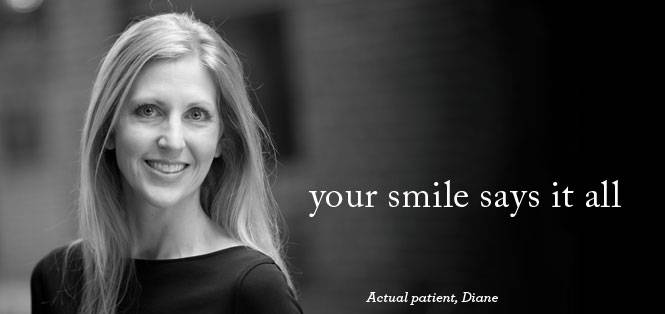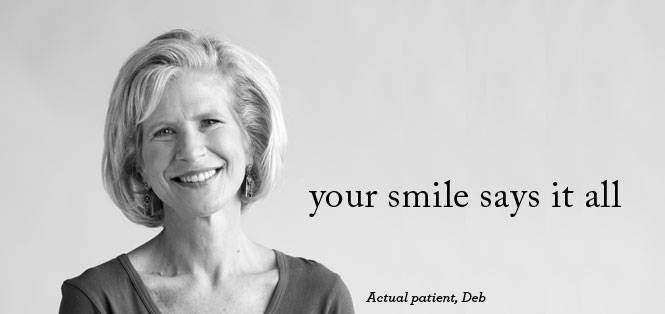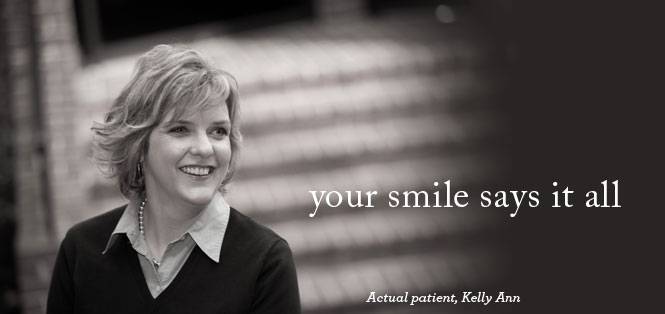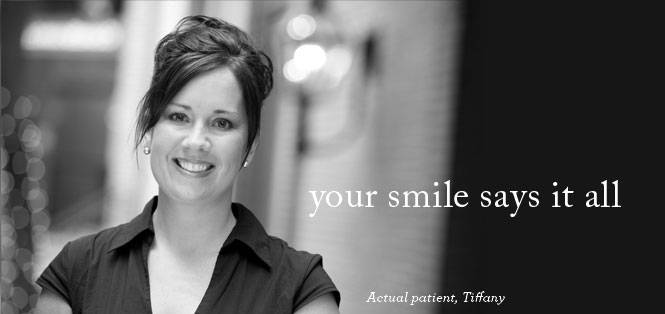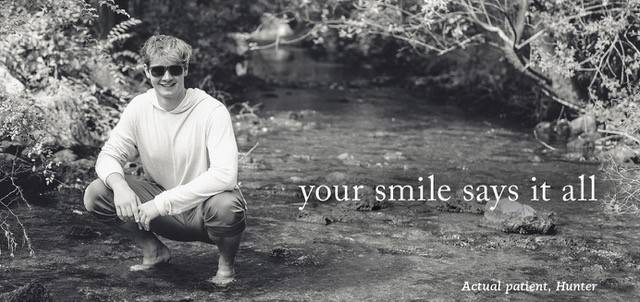Sleep Apnea
What is Sleep Apnea?
Sleep apnea is a physical disorder that the National Institute of Health estimates more than 12 million people nationwide are affected with. Sleep apnea is caused by closure of the airway during sleep resulting in lack of oxygen to the brain. Due to the lack of oxygen, CO2 builds up in the blood stimulating the body to awaken during deep sleep. Sleep apnea can affect many body types (heavy or thin), but does have some correlation to increased body mass, especially those with weight around the neck area. Excess length of the soft palate, male gender and age (40 years old and older) are additional physical factors which are associated with sleep apnea.
How do doctors diagnosis Sleep Apnea?
Sleep apnea can only be diagnosed with a sleep study that monitors blood oxygen levels and records the number of hypoxic (decrease in oxygen to body) and apnic (complete loss of breathing) events during a sleep period. The symptoms of sleep apnea are restless sleeping and awakening often during a nights sleep, tiredness during the day, and snoring (although snoring is a potential indicator of sleep apnea it is not a definitive symptom).
What are the increased health risks of Sleep Apnea?
Sleep apnea can place increased stress on the body’s organs in particular the heart. Significant and prolonged sufferers of sleep apnea are more prone to cardiovascular disease, high blood pressure and heart attacks. Additional health risks include: memory problems, additional weight gain, impotency and headaches. Sleep apnea is a significant health problem which is underdiagnosed.
How is Sleep Apnea treated and what can your dentist do to help?
The standard treatment for sleep apnea is use of a CPAP machine which is worn during sleep forcing air into the lungs. Although this is an effective treatment, many patients have difficulty with prolonged use because the machine is cumbersome, a nuisance to wear and too noisy. An oral appliance, which is custom made by your dentist, is an alternative to the CPAP. The oral appliance advances the lower jaw which opens the obstructed airway. I personally recommend the TAP® (Thornton Adjustable Positioner) appliance to my patients, as it allows advancement of the lower jaw beyond the body’s natural ability and can be adjusted over time. The effectiveness of an oral appliance is dependent on the severity of sleep apnea and should be approved by your medical doctor following sleep studies. As the use of an oral appliance can cause bite changes to occur, close monitoring by your dentist is a necessity.
To find our more about the TAP® appliance please visit their website at: Airway Management Inc.

